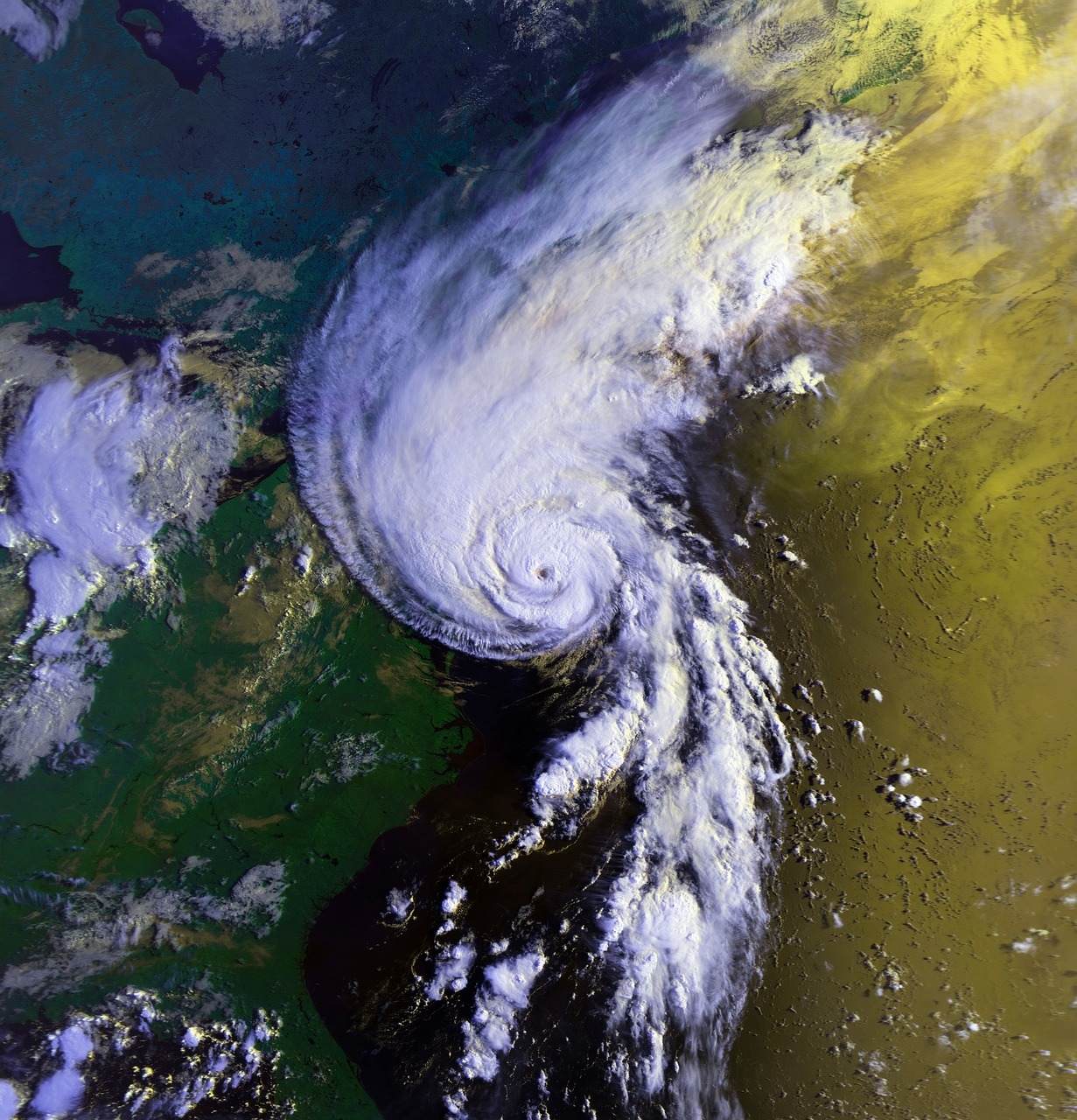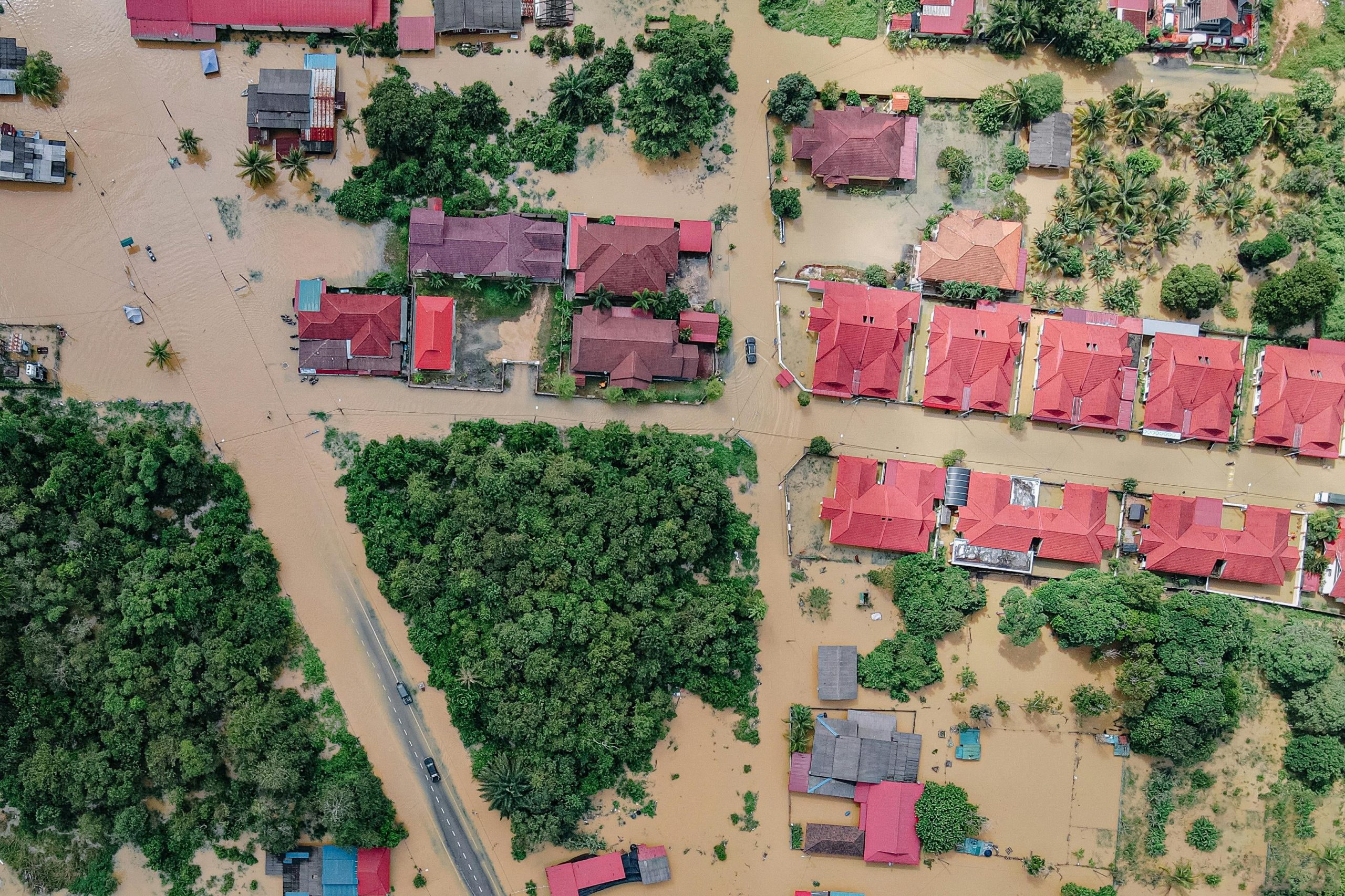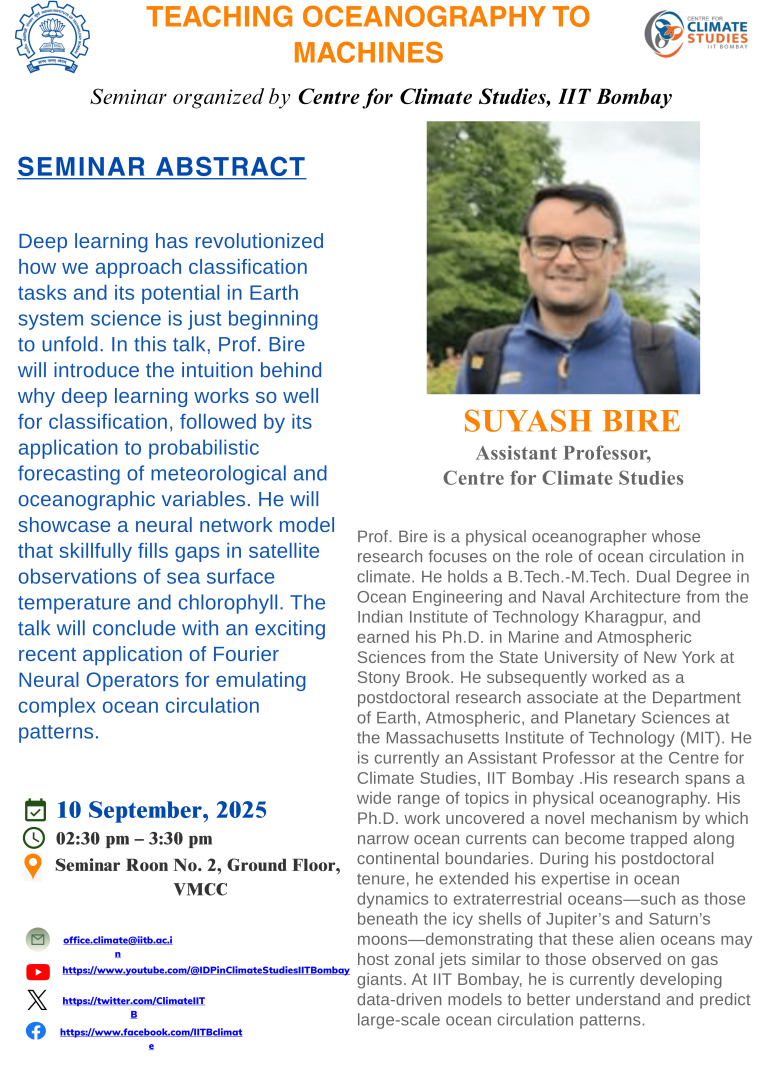CENTRE FOR CLIMATE STUDIES

- People
- Study
- Research
- News & Events
- About
- Internal
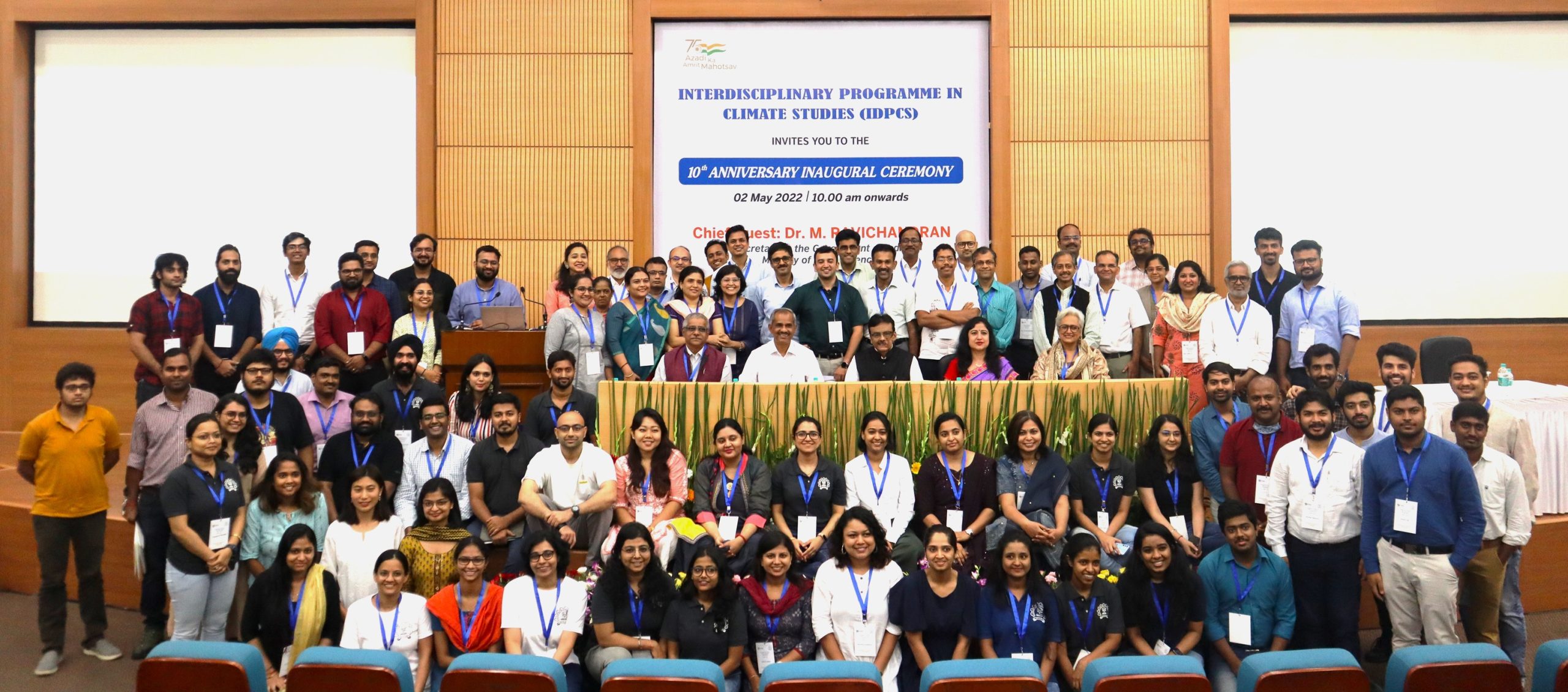
Our Programmes

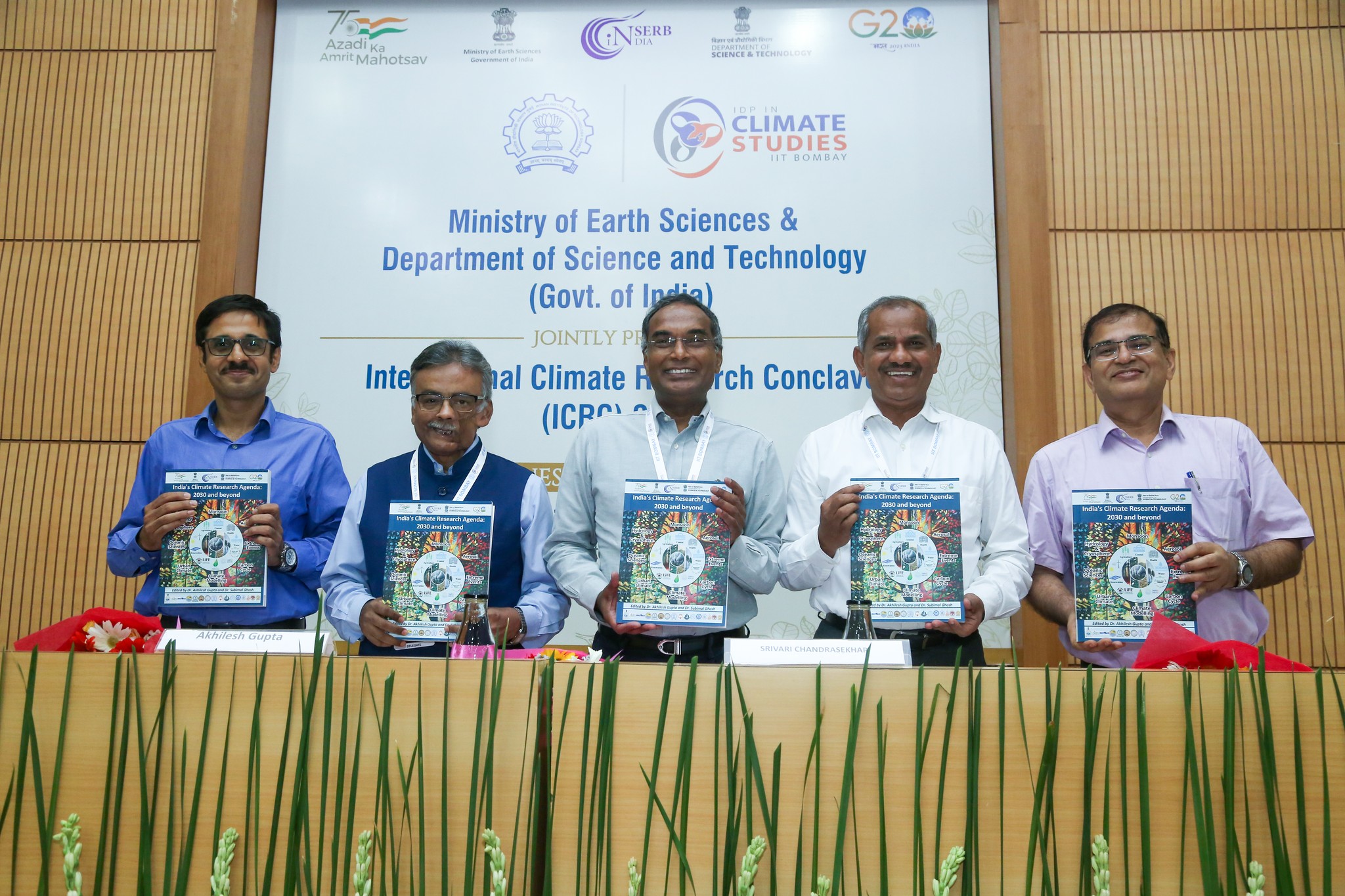
Explore how CCS is redefining the fight against climate change through bold innovation and impactful research. With sustainability at our core, we bring together a community of visionary thinkers and collaborators dedicated to building a resilient, thriving future for our planet.

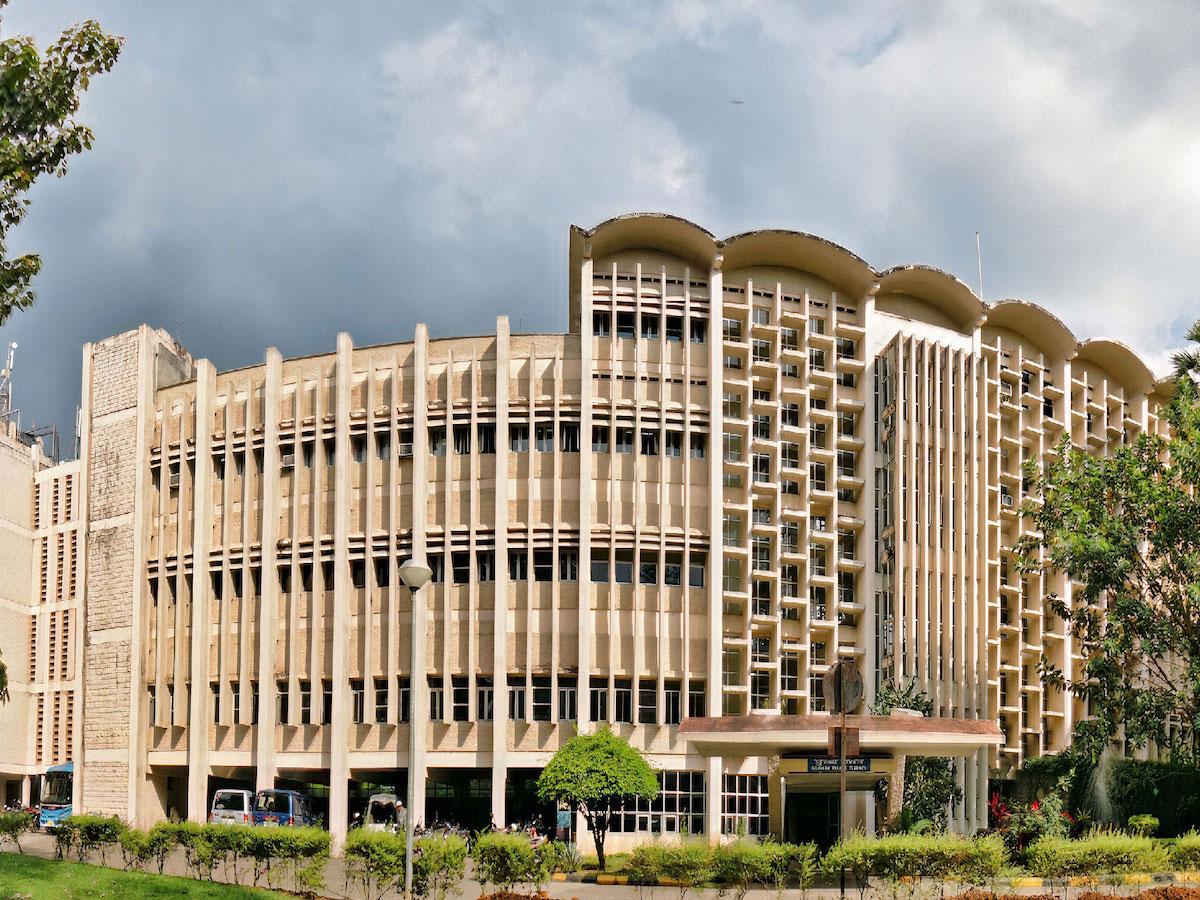

Seminar
Teaching Oceanography to Machines: Prof. Suyash Bire
Presenter
Prof. Bire is a physical oceanographer whose research focuses on the role of ocean circulation in climate. He holds a B.Tech.-M.Tech. Dual Degree in Ocean Engineering and Naval Architecture from the Indian Institute of Technology Kharagpur, and earned his Ph.D. in Marine and Atmospheric Sciences from the State University of New York at Stony Brook. He subsequently worked as a postdoctoral research associate at the Department of Earth, Atmospheric, and Planetary Sciences at the Massachusetts Institute of Technology (MIT). He is currently an Assistant Professor at the Centre for Climate Studies, IIT Bombay .His research spans a wide range of topics in physical oceanography. His Ph.D. work uncovered a novel mechanism by which narrow ocean currents can become trapped along continental boundaries. During his postdoctoral tenure, he extended his expertise in ocean dynamics to extraterrestrial oceans—such as those beneath the icy shells of Jupiter’s and Saturn’s moons—demonstrating that these alien oceans may host zonal jets similar to those observed on gas giants. At IIT Bombay, he is currently developing data-driven models to better understand and predict large-scale ocean circulation patterns.
Abstract
Deep learning has revolutionized how we approach classification tasks and its potential in earth system science is just beginning to unfold. In this talk, Prof. Bire will introduce the intuition behind why deep learning works so well for classification, followed by its application to probabilistic forecasting of meteorological and oceanographic variables. He will showcase a neural network model that skillfully fills gaps in satellite observations of sea surface temperature and chlorophyll. the talk will conclude with an exciting recent application of Fourier Neural Operators for emulating complex ocean circulation patterns.
